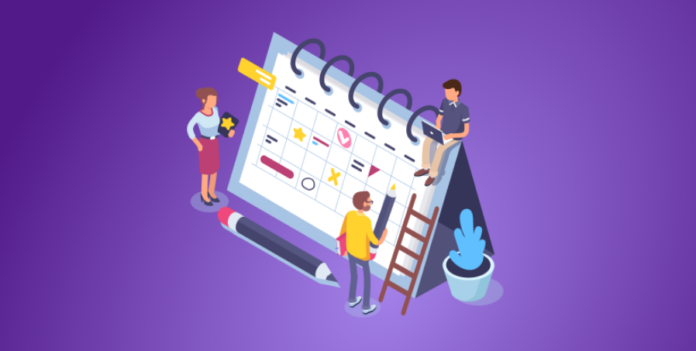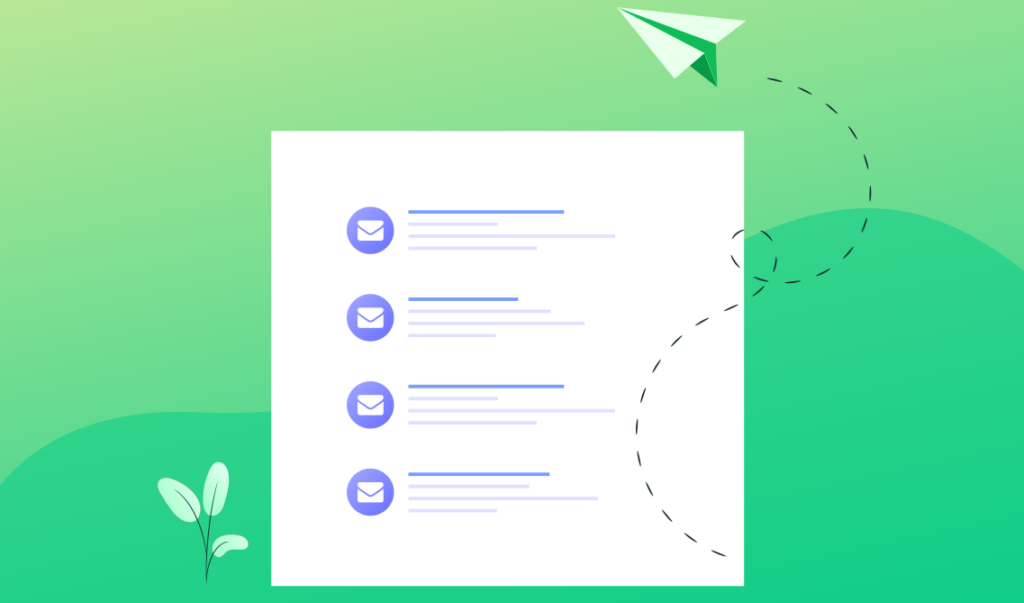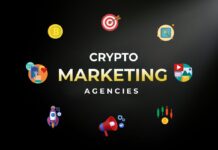
You can increase awareness for your online event by using a few simple SEO techniques and online marketing ideas. Check out DigitalSpotlight for their SEO sevices. Doing so naturally leads to more signups and participant engagement. Online event marketing doesn’t need to be expensive or complicated. You can promote your online event for very little money, and still reach a wide audience.
Which SEO and online marketing techniques are best for increasing event registration and organic engagement? The answer is simple, leveraging social media, email campaigns, ads, and an optimized website drives online event registration.
Most of these online marketing techniques will work for any of your events. Read on, to find out more about the best online event marketing ideas you can use to promote and drive registration to your event.
Optimize Your Event Landing Page and Website for Conversions and the Search Engines

Your event needs a dedicated website or a landing page on your main website, and it should be optimized for the search engines. This will help your potential attendees learn more about the event and register for it. Be sure to prominently display your topic, guest speakers, time, and date. You may also want to list the time for various time zones since this is an online event.
How do you optimize your landing page? First, make sure your page title and headlines contain your essential keywords – as explained by Marina Turea here in this article from DigitalAuthorityPartners.me. Also, sprinkle your keywords throughout the text. Your meta descriptions also need keywords, as well as enough information to get people to click on them.
However, your landing page isn’t the only point that needs to be optimized; your website should also be filled with relevant content. It’s important to make sure that your content is informative, conversational, engaging, and not overly promotional. You want to demonstrate that you are an expert in your field.
Next, you need to get backlinks to your event page. Ask your guest speakers to post a link to the page from their sites. You can also do guest posts with links for subject-related blogs with a good ranking. You can even contact journalists and pitch your event as a news story. Including just a few good links will help.
Optimize for Conversions
You also want to optimize your event page for conversions – getting people to sign up. Make sure your headlines not only contain keywords, but also a call-to-action. Write catchy, memorable copy that sparks the reader’s interest. Finally, give your pages an easy-to-read, intuitive layout that’s easy to navigate.
You can post photos and testimonials from your previous events and video clips from your speakers. Make it look not only informative and worth the time and money, but also fun. Finally, make it simple for attendees to sign up. You could even include a chatbot to answer questions.
Your landing page and website should look professional, hold the user’s interest, and drive conversions. Get started early with search engine optimization, since it can take a few weeks, or even months, to rank.
Social Media Marketing Reigns Supreme

According to Pew Research, nearly 75% of all Americans use social media. Facebook and YouTube dominate, with Instagram coming in a distant third. Surprisingly, despite the hype, Twitter ranks behind LinkedIn and Snapchat. More than half of those who use social media do so daily; more than 70% of Facebook users visit the site every day.
It’s obvious, social media marketing has much potential to get the word out about your online event. Many people who would like to attend your event actively participate on social media.
First, figure out which platforms your potential event attendees prefer. The Pew Research study has much useful data on this point. Next, create a unique event hashtag that is easy to understand and short. Use the hashtag in all of your event-oriented posts.
Create a Facebook page for your event, as well as Facebook events as a teaser for your main event. Be sure to provide valuable information with your Facebook events, and interact with the audience. Be sure to optimize your Facebook page and posts with keywords, similar to the way you optimized your website.
Facebook puts out notifications to people that their friends are interested in a Facebook event. This is free advertising, for your free, Facebook teaser event.
Facebook ads can drive targeted traffic to your Facebook page, events, and main website. The Facebook ad system allows you to target very specific demographics, making it ideal for advertising online events.
Keep in mind, each platform is different, and can be employed in different ways to spread the word about your event. For example, Instagram is the place to post fabulous, interesting photos, while YouTube is a good place to post videos of your guest speakers or previous events.
You can use online tools to post to all of your social media accounts simultaneously, such as HootSuite, Buffer, and SproutSocial. These tools also allow you to schedule posts.
Social media is a good place to launch giveaways, contests, and to conduct surveys. These promotions are a good way to drum up interest and build goodwill for your event.
Run Email Campaigns

Email campaigns can be an effective way to promote your digital event. Of course, you need a legitimate email list, one for which potential attendees have signed up. This could be attendees from a previous event. You can further build your list by having visitors to your website sign up for a free giveaway, such as a mini online seminar, an eBook, MP3, or video presentation.
You can leverage your event email list in several ways:
- Send emails to your list about an upcoming event
- Exclusive offers to your list
- Send event updates and details to paid attendees
- Thank your attendees after the event is over.
However, be careful to not overdo your email campaigns. You don’t want to have your emails tagged as spam.
Online Ads
In addition to social media ads, you can buy Google ads. Google ads create a shortcut to getting your event on the top of the search engine. Get started early with your ads, so you can test different copy, graphics, and videos for effectiveness. Give your audience the time they need to decide and schedule your event into their schedule.
If your event is expensive, people will likely need to consider their budget and compare other events that are less expensive. Give these people enough time to decide, and justify the expense in your ad copy and landing page. Most people will not register for your event the first time they see your ad. For this reason, your ads need to be ongoing and retarget users.
Centering your ads around contests and giveaways can lead to increase engagement and generate leads. If you have big-name speakers at your online event, see if you can get permission to feature them in your ads.
Finally, regularly monitor your ads; this will provide you with valuable insights into your audience, and what is working and what isn’t.
Register with Event Sites
Online event sites not only can help you reach a wider audience, but these sites can also help you sell tickets. By using these sites, you will also have a way to sell tickets, without installing a shopping cart on your site.
Although promoting a digital event can be a challenge, with a little time and effort, you can employ these online event marketing tips to make your event a success. But, no matter what you do, understanding your audience is key, as well as using the right platforms.








